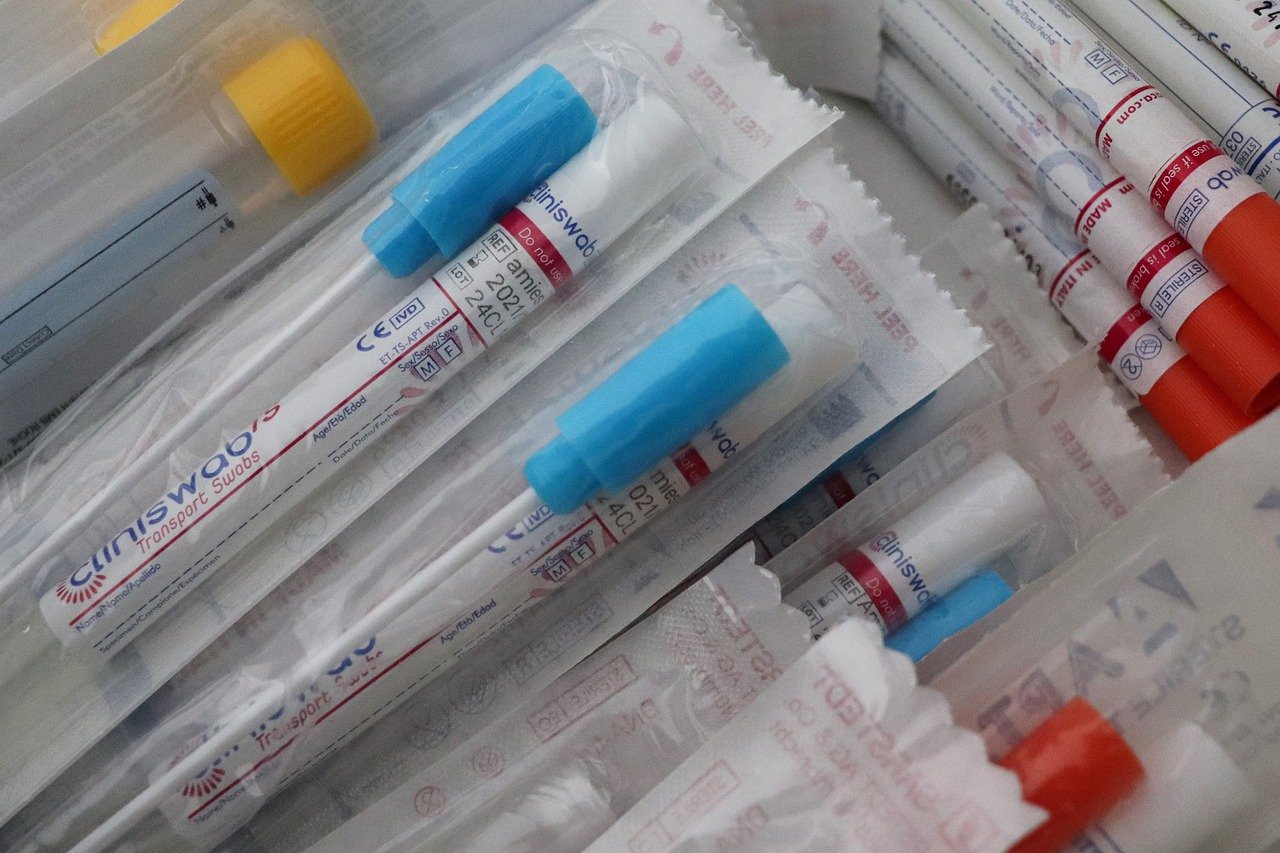The following article was written by Celia Farber and was published by Uncover DC last December 3, 2020. In it, Farber reports on the anomalies surrounding the publication of the Corman-Drosten paper, which is currently the basis of the RT-PCR tests used to detect SARS-CoV-2 infection.
Twenty-two (22) international scientists have sent a letter to Eurosurveillance, to demand for the retraction of the Corman-Drosten paper. Included in the letter is an extensive review of the 10 fatal errors in the paper. Read the review at https://cormandrostenreview.com/.
As of writing, petitioners said that Eurosurveillance has already responded and are already reviewing their petition.
The Corman-Drosten paper was submitted to Eurosurveillance on January 21, 2020 and was published January 23, 2020. Dr. Kevin Corbett, one of the authors of the petition said this of the speedy publication of the paper: “Twenty-four hours…that never happens. It takes months to get a review done. They turned this around in 24 hours. It was waved through, it was not peer-reviewed. There’s no standard operational procedure for this test.”
Editor’s Note: Ferguson’s model, Drosten’s PCR test, the HCQ study published by Lancet and the New England Journal of Medicine, and the vaccine trials. What do they have in common? Well for one, none of them have passed peer review. The HCQ studies have already been retracted and Ferguson’s model has been regarded to be false. Now we are scientists are questioning the safety and validity of vaccine trials, as well as chipping away the basis of RT-PCR tests.
With all the evidences against the use of RT-PCR tests, we hope that Eurosurveillance will do the right thing and retract the Corman-Drosten paper. And when they do, then the whole “pandemic” narrative falls apart. Then, it will be time for judgement.
Read Online
Click the button below if you wish to read the article on the website where it was originally published.
Read Offline
Click the button below if you wish to read the article offline.
